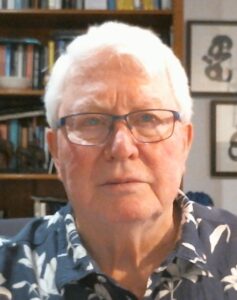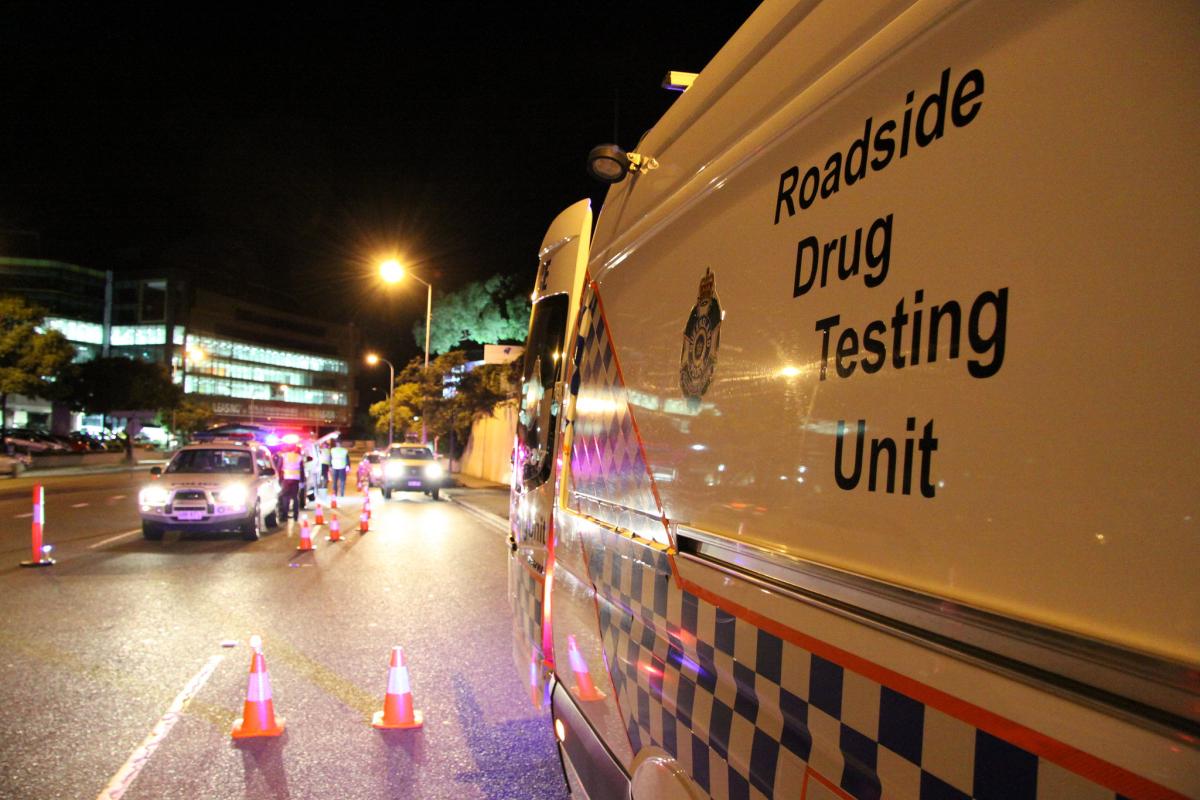 Speaker: Dr Michael White
Speaker: Dr Michael White
About: In my presentation, I briefly describe the history and conduct of Australia’s roadside drug testing (RDT) programs. I then explore the impairing effects of cannabis, and the crash risks from its recent use. I provide evidence that most of the convicted drivers who test positive to delta-9-tetrahydrocannabinol (THC) are not impaired; and I ask how it is possible that such a high level of ‘false positive’ convictions can be justified.
I consider the use of medicinal cannabis (MC) as a special case. According to the TGA: “patients should be advised that they are not able to drive while treated with MC”. I provide evidence that the risks from appropriate use of MC are vanishingly small (much less than for opioids or benzodiazepines). I argue that the drug-driving laws should be harmonized (with those for other psychoactive medicinal drugs) by abandoning the offence of THC-positive driving for legally prescribed users of MC.
Bio: I am a behavioural scientist with an interest in the translation of research findings into policy, where political and economic pressures can easily distort the truth. I am currently interested in the role of cannabis in road crashes. I was previously involved in vision research, and especially in an effect that is now called ‘White’s illusion’. I am also interested in the philosophy of science, the philosophy of mind and moral philosophy.
About 30 years ago, as the Road-Safety Research Coordinator for the South Australian (SA) Department of Transport, I was involved in an SA-based epidemiological study which found that the recent use of cannabis did not increase the risk of crashing. From 1998 to 2000, I represented the SA Government on the national Austroads Drug Driving Working Group, which advised against the introduction of drug-presence (‘per se’) driving offences. Around that time, I was the Chair of the organizing committees for two of the early Australasian Road Safety Research Conferences.
I am an author of six peer-reviewed journal articles on drug-driving, and the lead author of the three most recent, all of which are systematic reviews of the literature on different aspects of the road-safety risks from the acute use of cannabis. Over the last few years, I have managed a briefing service for road-safety researchers and policymakers, through which I provide regular commentaries on recently published papers on drug-driving. These briefings are now available as a compendium.
I am a member of the Australasian College of Road Safety, and of a College working group that is developing a Policy Position Statement (PPS) on Cannabis and Driving. In a similar vein, I have recently drafted my own PPS on exemptions from cannabis-presence driving offences for medicinal users of cannabis, which is a exemplar document that may be used by any agency as a starting point for their own PPS. I have provided expert witness testimony on the risks of THC-positive driving to parliamentary committees in New South Wales and South Australia.
David Nutt is a world authority on the benefits and harms from the use of psychoactive drugs. He holds the Chair in Neuropsychopharmacology at Imperial College London, and edits the journal Drug Science, Policy and Law. He has introduced me to a colleague of his as a “world expert on the effects of cannabis on driving”. And in a recent message, he thanked me for my “tremendous work that has underpinned so much of our teaching and policy work”.
My evidence-based opinion is that roadside drug testing (RDT) for THC is unjust, as the majority of THC-positive drivers are not impaired. Given that medicinal use is even safer than recreational use, my opinion is that RDT for medicinal cannabis is grossly unjust.


